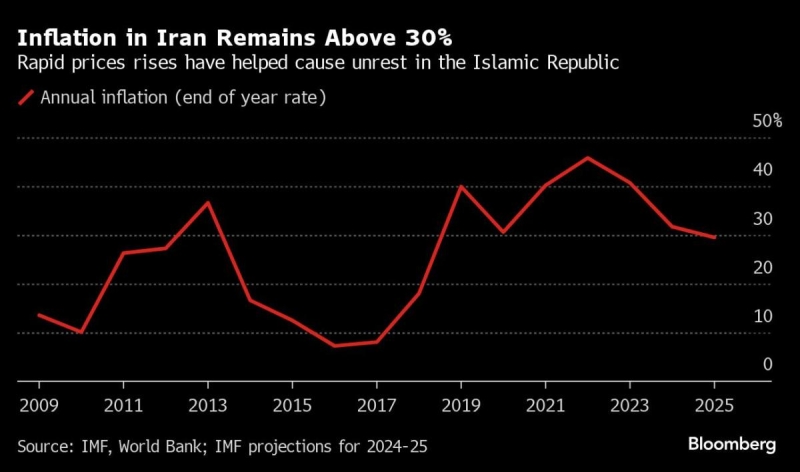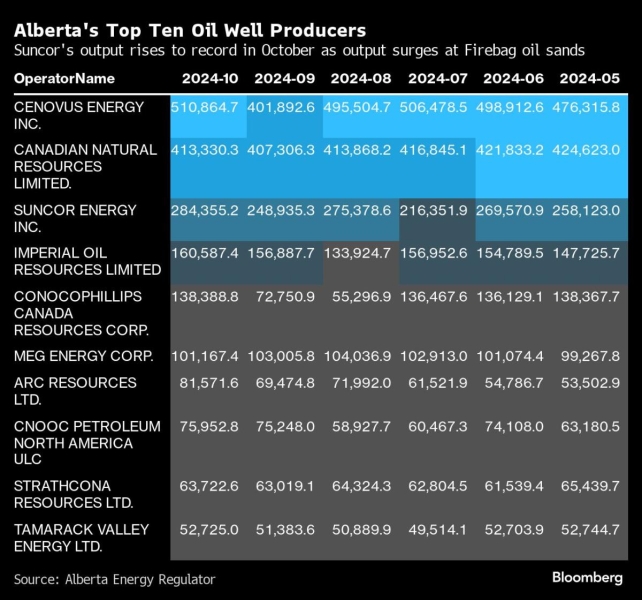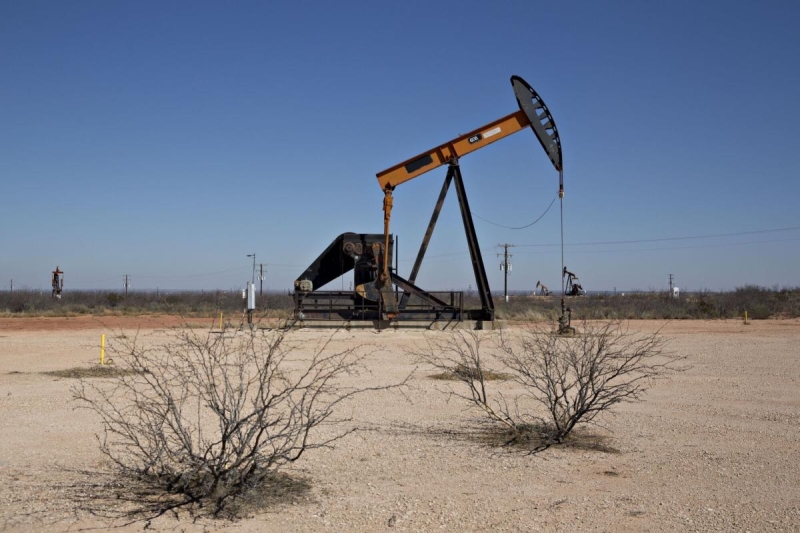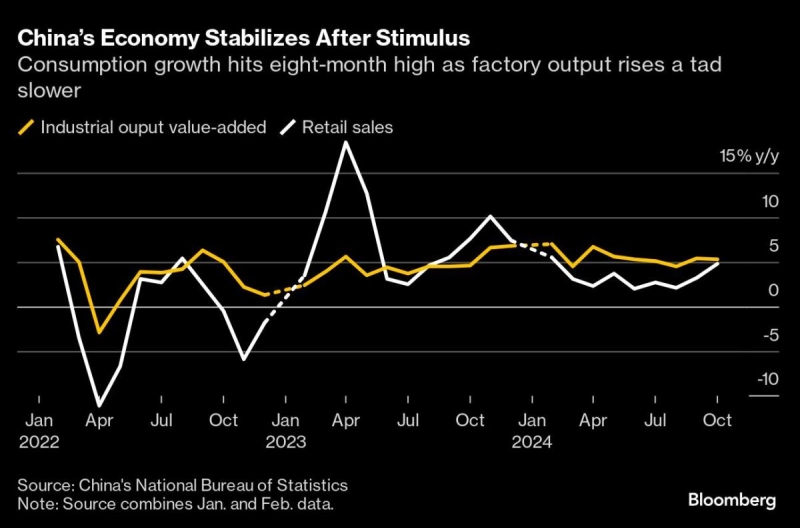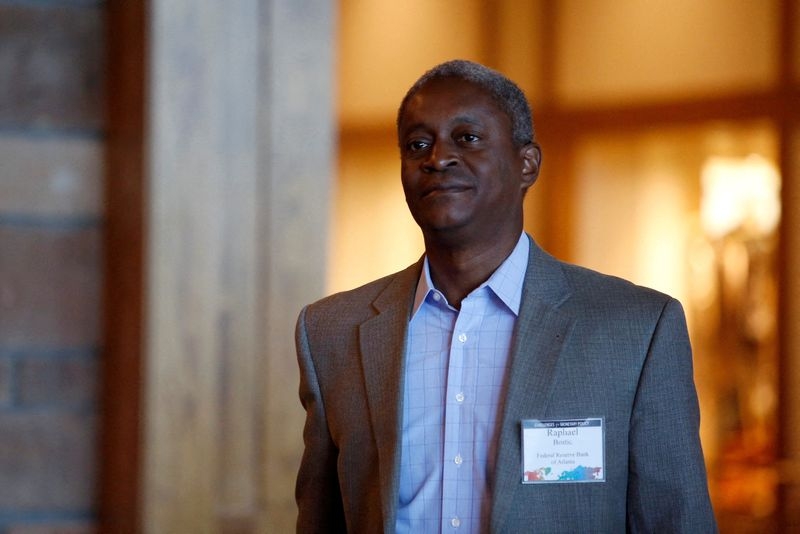
By Michael S. Derby
(Reuters) -Atlanta Federal Reserve President Raphael Bostic violated U.S. central bank policies governing how officials could trade and invest, the Fed's in-house watchdog said on Wednesday, while noting that he did not trade based on confidential information.
Bostic "created an 'appearance of acting on confidential FOMC information' under the (Federal Open Market Committee) blackout rule and an 'appearance of a conflict of interest' that could cause a reasonable person to question his impartiality" under the Atlanta Fed's code of conduct, according to a report released by the Office of Inspector General for the central bank.
In a statement after the release of the report, the Atlanta Fed on behalf of its board of directors said "we take these issues seriously and the full board will meet to carefully discuss the report's details further." The U.S. central bank's Board of Governors is reviewing the report, a spokesperson for the Washington-based body said.
The IG report on Bostic's finances is the third and likely last to detail issues with the investing and trading activities of some current and former Fed policymakers.
Documents made public in September 2021 showed the presidents of the Fed's regional banks in Dallas and Boston at that time actively traded in markets while helping set monetary policy. Robert Kaplan, who headed the Dallas Fed, and Eric Rosengren, who ran the Boston Fed, retired soon after.
Fed Chair Jerome Powell and Richard Clarida, the then-Fed vice chair, also faced questions about their own investing activities, though both were later cleared of wrongdoing.
The IG in a report earlier this year said Kaplan and Rosengren didn't break rules governing investing that were in place at the time, although it noted their activities created the appearance of a conflict of interest.
The report on Bostic had long been expected given he had already acknowledged in filings a series of errors in his financial disclosures.
The trading controversy was a blow to the Fed's reputation, fueling questions as to whether policymakers were benefiting financially from their interest rate decisions.
The central bank responded in the fall of 2021 by sharply tightening the rules governing how policymakers and top staff could invest, formalizing that system at the start of 2022.
The IG's work has been questioned by members of Congress who contend his independence is compromised because the position is selected by the Fed chief. The IG responded in May 2023 that Fed leadership had never interfered in the department's work.
(Reporting by Michael S. Derby; Editing by Paul Simao)

